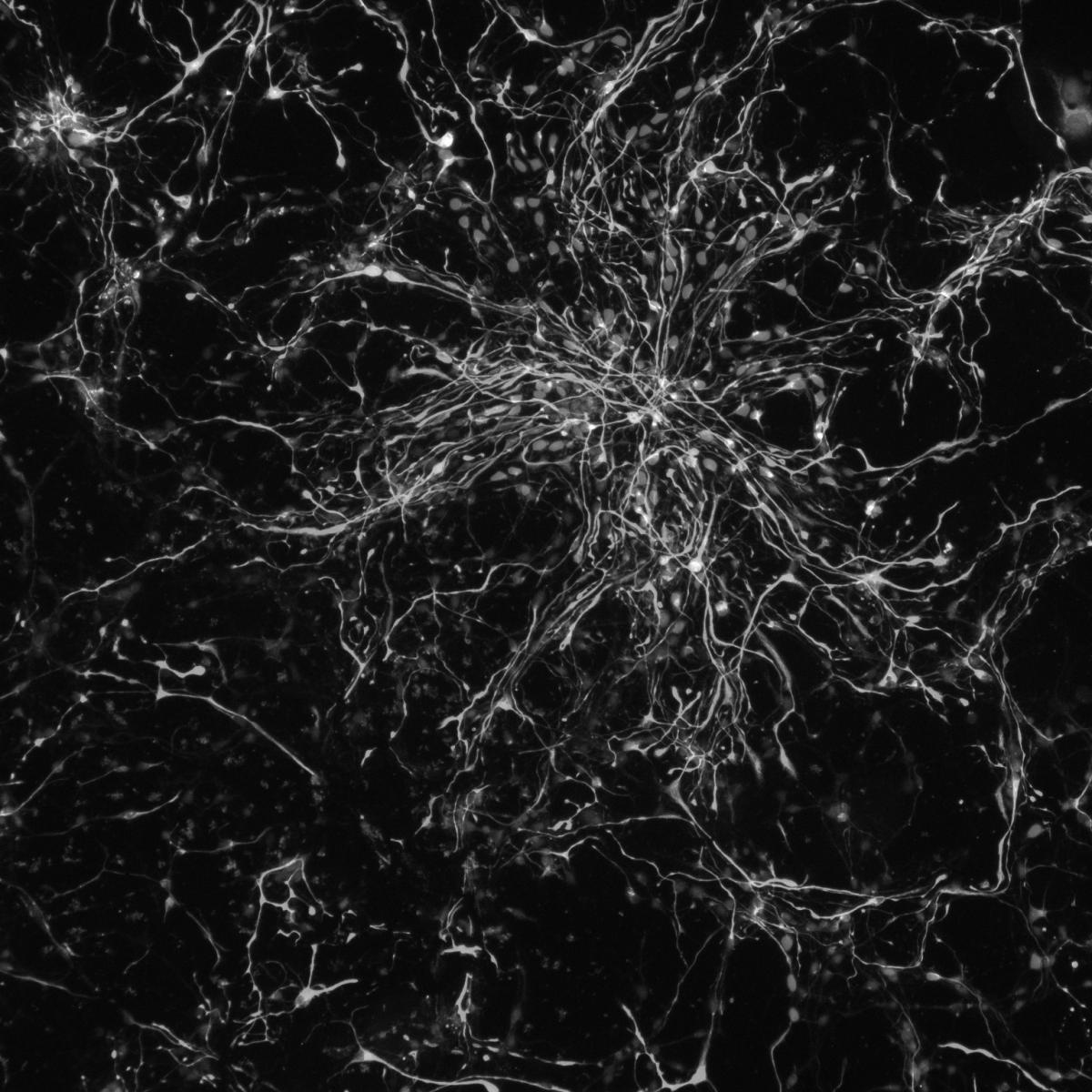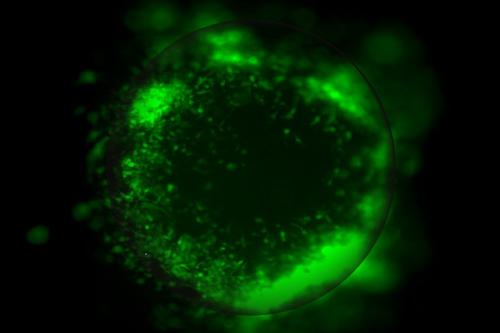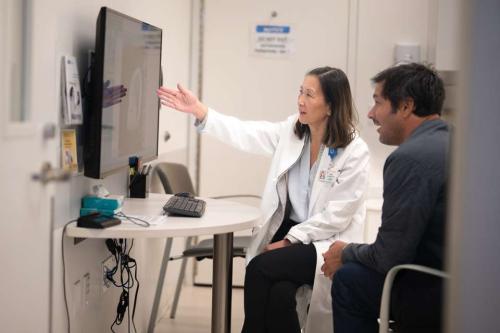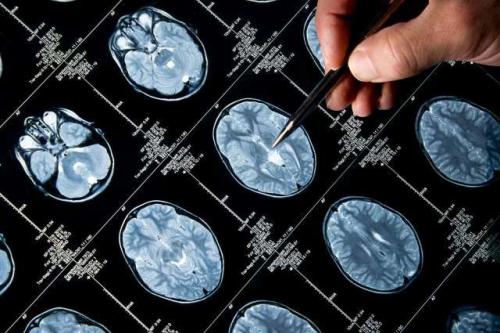
Aparna Bhaduri, Ph.D.
- Assistant Professor, Biological Chemistry

Aparna Bhaduri, Ph.D., studies how neural stem cells generate the wide array of cell types that make up the brain and how these developmental building blocks can reappear later in life in deadly brain cancers, such as glioblastoma.
Bhaduri studies how cell types emerge in the developing human brain and in brain cancers. To explore these questions, Bhaduri uses single-cell genomics, informatic analysis and organoid models. These organoid models are developed in collaboration with members of the UCLA Broad Stem Cell Research Center to study normal brain development, metabolism and intersections between neural stem cell biology and brain cancer.
Bhaduri has obtained massive single-cell datasets of the developing human brain and glioblastoma and created strategies to generate insights into cell diversity, evolution, cancer and the fidelity of organoid model systems from single-cell “omics” analysis. With these datasets, models and informatic and mechanistic tools as a foundation, she pursues questions of neural stem cell specification, glioblastoma neural stem lineage and characterization of the role metabolism plays in regulating these processes.
She is also committed to mentoring trainees, creating opportunities for underrepresented individuals and promoting diversity and equity in these fields of study.
Research Projects
- Understanding how cell fate specification The crucial process by which undifferentiated cells receive molecular signals and genetic cues that guide them towards developing into specific cell types with distinct functions. This process is essential for the formation of various tissues and organs during embryonic development and plays a role in tissue regeneration in adults. cell fate specification The crucial process by which undifferentiated cells receive molecular signals and genetic cues that guide them towards developing into specific cell types with distinct functions. This process is essential for the formation of various tissues and organs during embryonic development and plays a role in tissue regeneration in adults. — which leads to differentiation The process by which stem cells transform into specific, specialized cell types with distinct functions and features. differentiation The process by which stem cells transform into specific, specialized cell types with distinct functions and features. — is regulated in the developing human brain
- Determining how intrinsic and extrinsic signals drive cell fate specification, both in normal human brain development and brain cancer
- Characterizing how different cell types within a tumor contribute to its origin, progression and recurrence
- Identifying metabolic differences between human brain tissue and three-dimensional brain organoids to improve their accuracy in modeling difficult-to-access developmental stages
-
Post-doctoral Fellowship
- Developmental Neurobiology, UC San Francisco, 2020
Degree
- Ph.D., Cancer Biology, Stanford University, 2016
-



